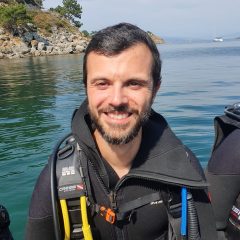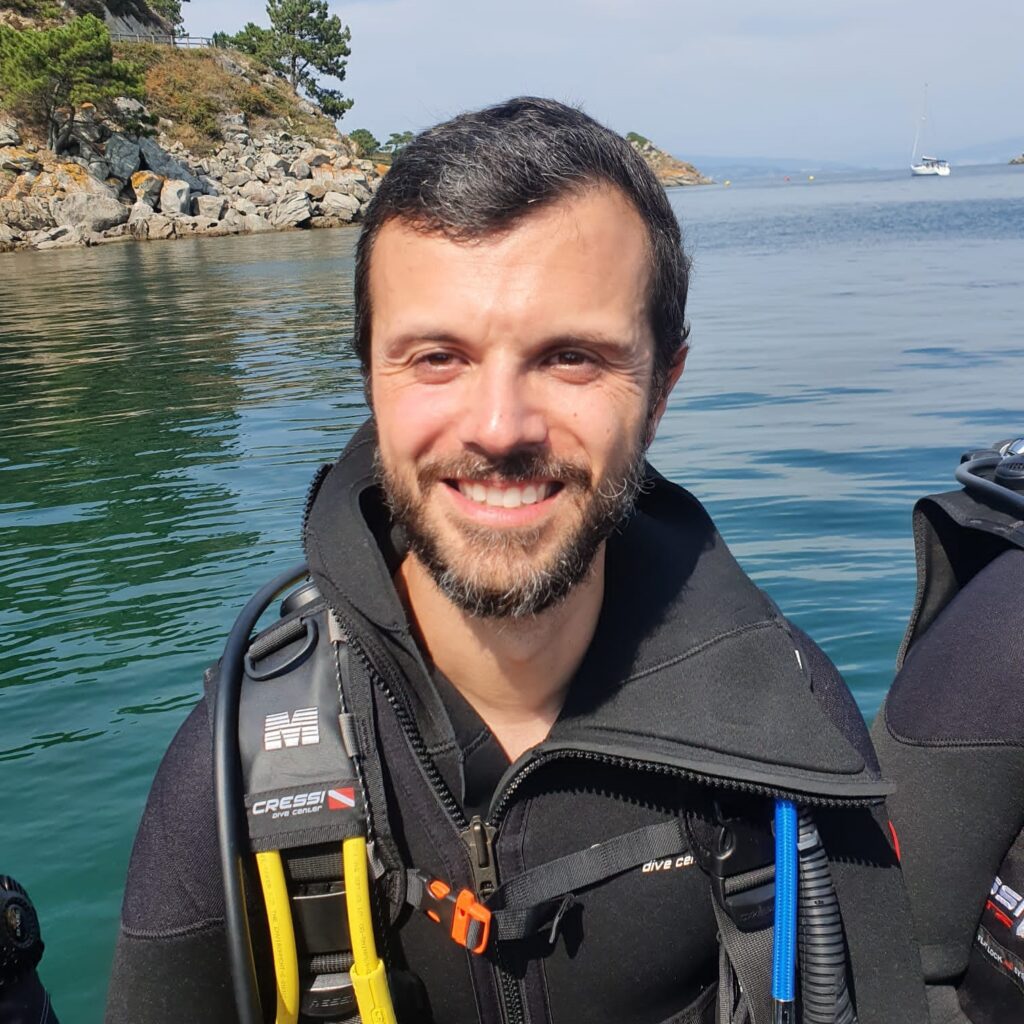

Research Grant
David Barros-García completed his PhD in Biology (2019) at the University of Vigo (Spain). His research interests are focused on phylogeography, evolution, integrative taxonomy and adaptation to the environment of deep-sea fishes. He obtained an Individual Call to Scientific Employment Stimulus as junior researcher from Fundação para a Ciência e a Tecnologia with a proposal based on genomics research of deep-sea teleosts to develop at the CIIMAR.










